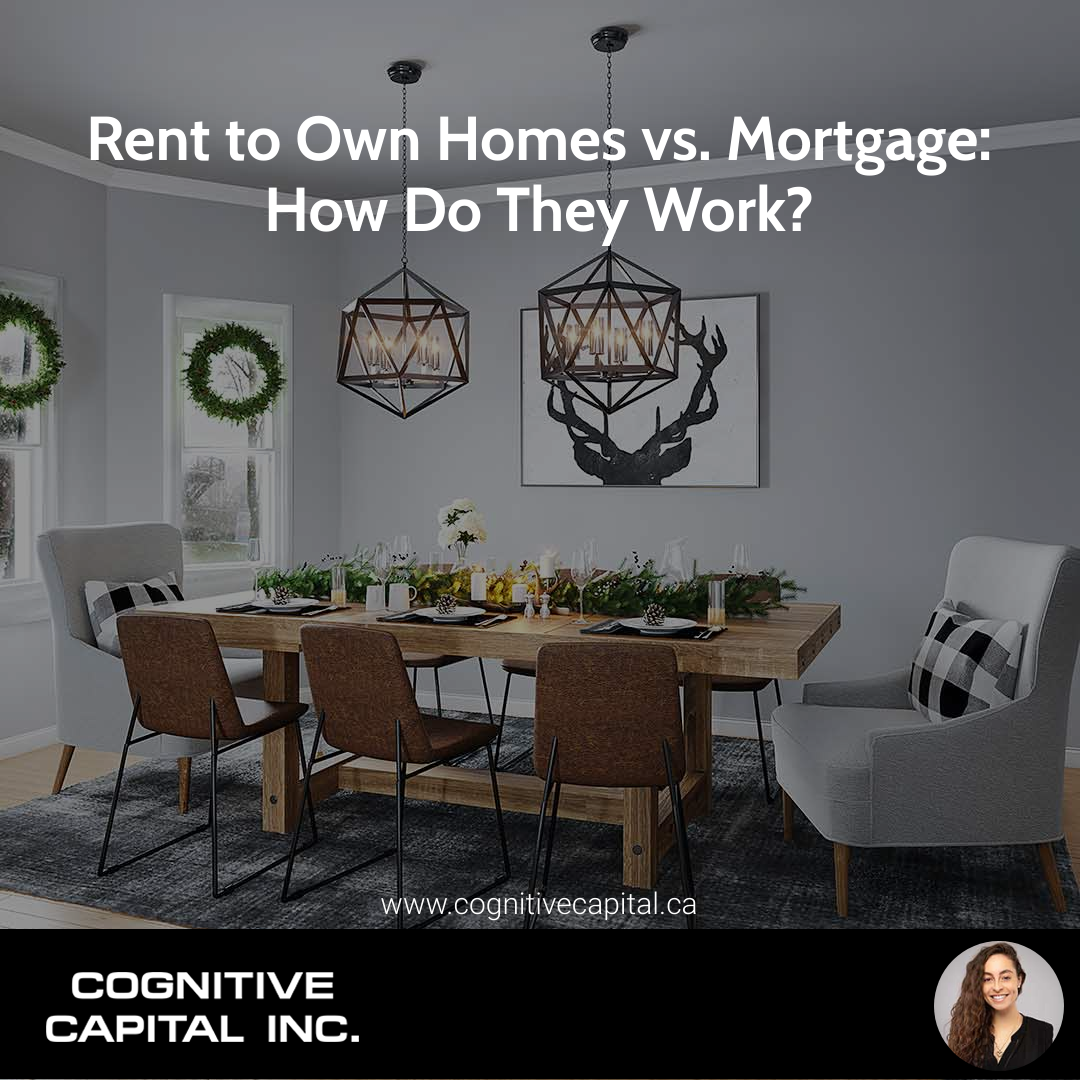If you’re hoping to achieve your dreams of homeownership, rent-to-own and mortgage are two options to consider. Here is everything you need to know about these unique approaches to home ownership.

Have you decided to be a homeowner? The first step is to determine whether you are qualified for the mortgage. However, if your credit score is low or you have not saved enough money for the down payment and closing costs, it may be difficult to purchase a home regularly.
In this case, an alternative option would be a rent-to-own home where you rent a house for a certain period of time with the option of buying it in the future. Weighing the pros and cons of rent-to-own homes versus mortgages will help you decide the best course of action.
Rent-to-own homes allow you to rent the house you intend to buy for a specific period of time. The rental payments contribute to the purchase of the house. There are two types of rent-to-own contracts:
If you are considering the option of renting to own homes, be sure to consult a real estate lawyer who will review the contract and advise you accordingly. In addition, enlist a professional to inspect the home just like in the traditional home purchase in order to look for any major defects.
If you’re looking to buy a home but don’t have all the cash upfront, a mortgage is a viable option. A mortgage is a home financing loan that allows you to buy a home now and pay it off over time with regular repayments. When applying for the mortgage, the lender requires the borrower to meet the minimum eligibility criteria, including a good credit score and consistent income.
The home acts as collateral to the mortgage such that if you forfeit the mortgage repayments, you lose the house. The most popular types of mortgages available to borrowers include:
Although purchasing a home is seemingly the right option, it has its upsides and downsides. Here are some of the arguments for the mortgage option:
In a nutshell, you should do enough due diligence to determine which option best suits your needs and current financial situation.
Are you thinking about hiring a contractor before selling real estate? Here are ten important questions you should ask the contractor before signing a
Read MoreBank of Canada increases policy interest rate by 50 basis points, continues quantitative tightening The Bank of Canada today increased its t
Read MoreDo mortgages seem unaffordable? These tips will help you plan for your down payment so you can start talking to a private lender mortgage broker in no
Read More